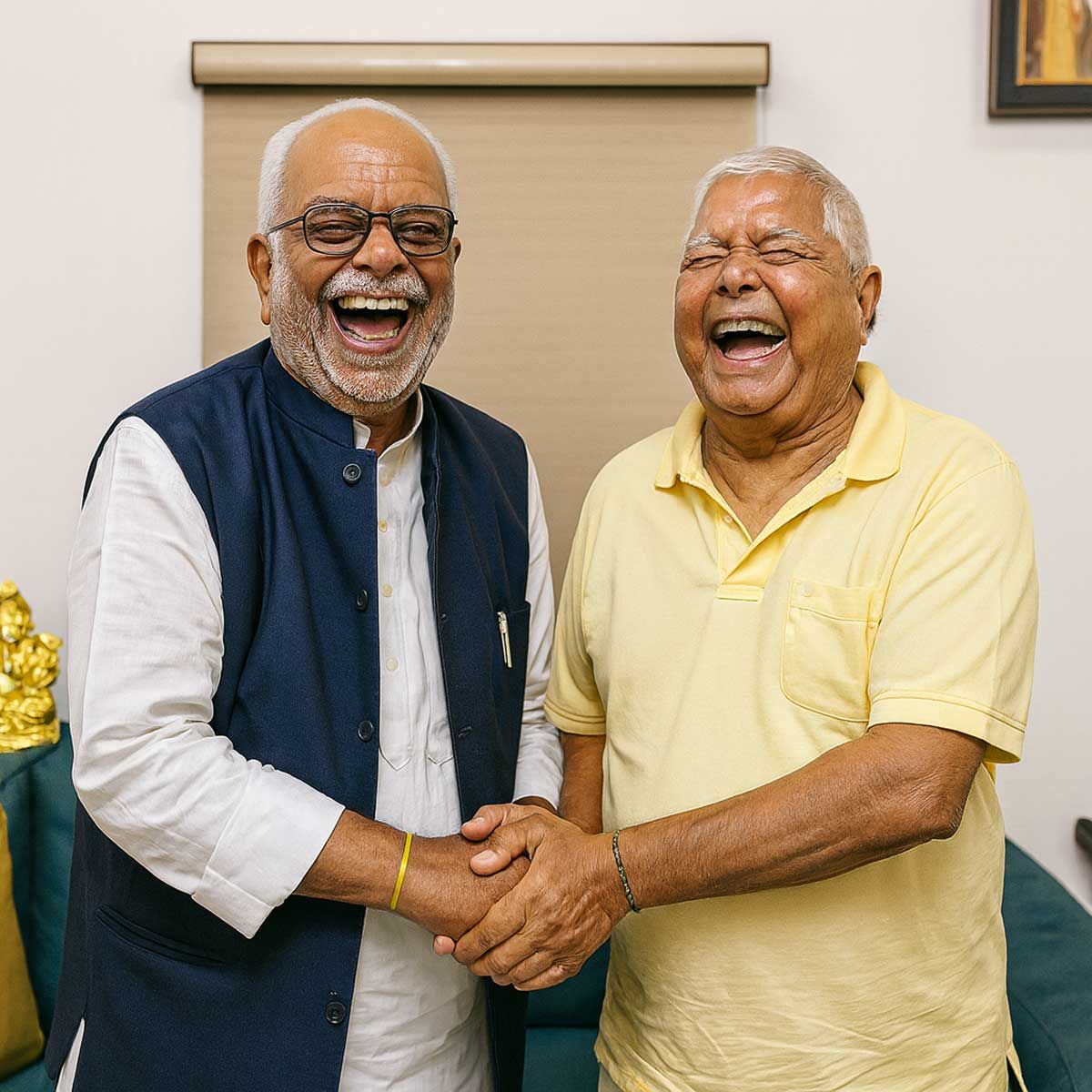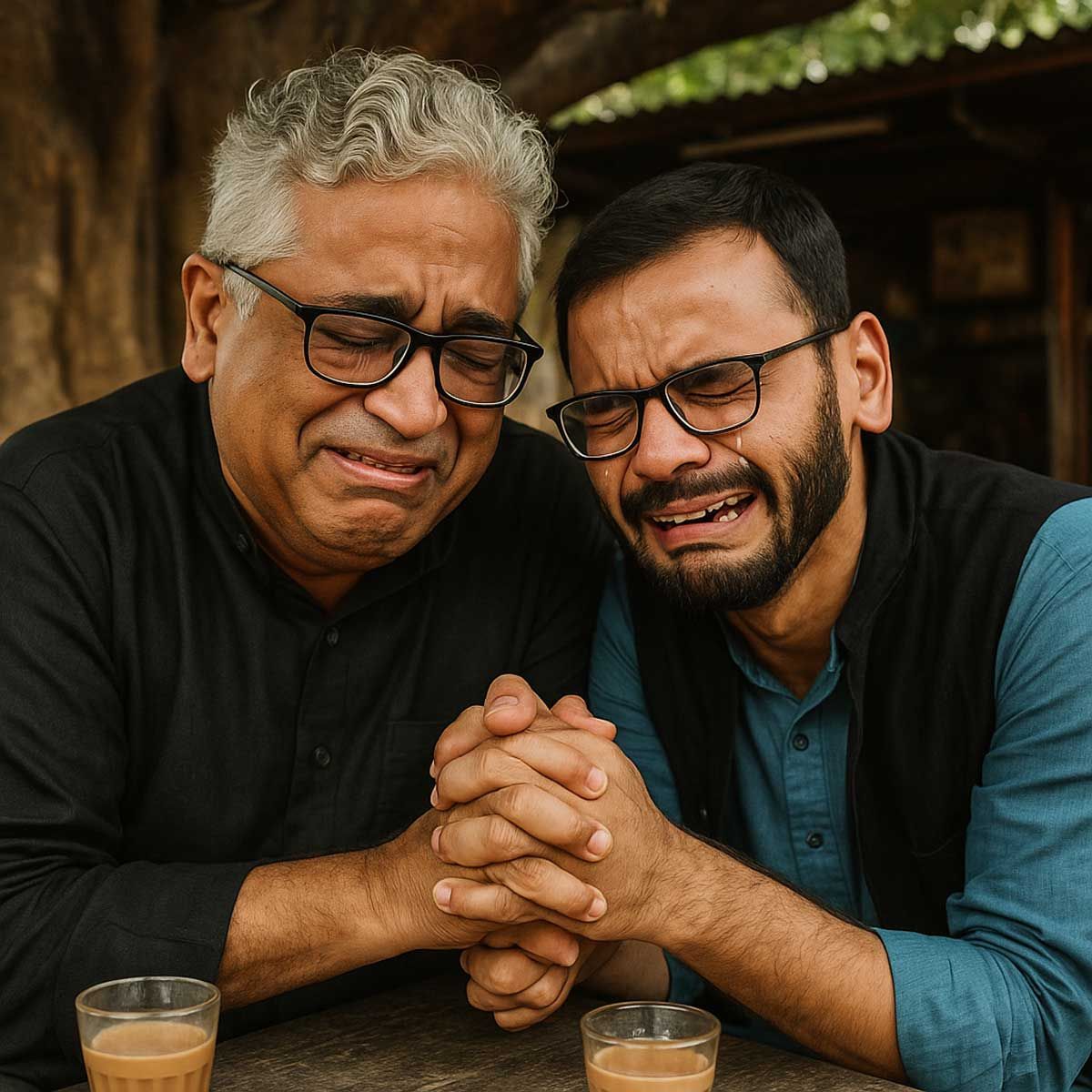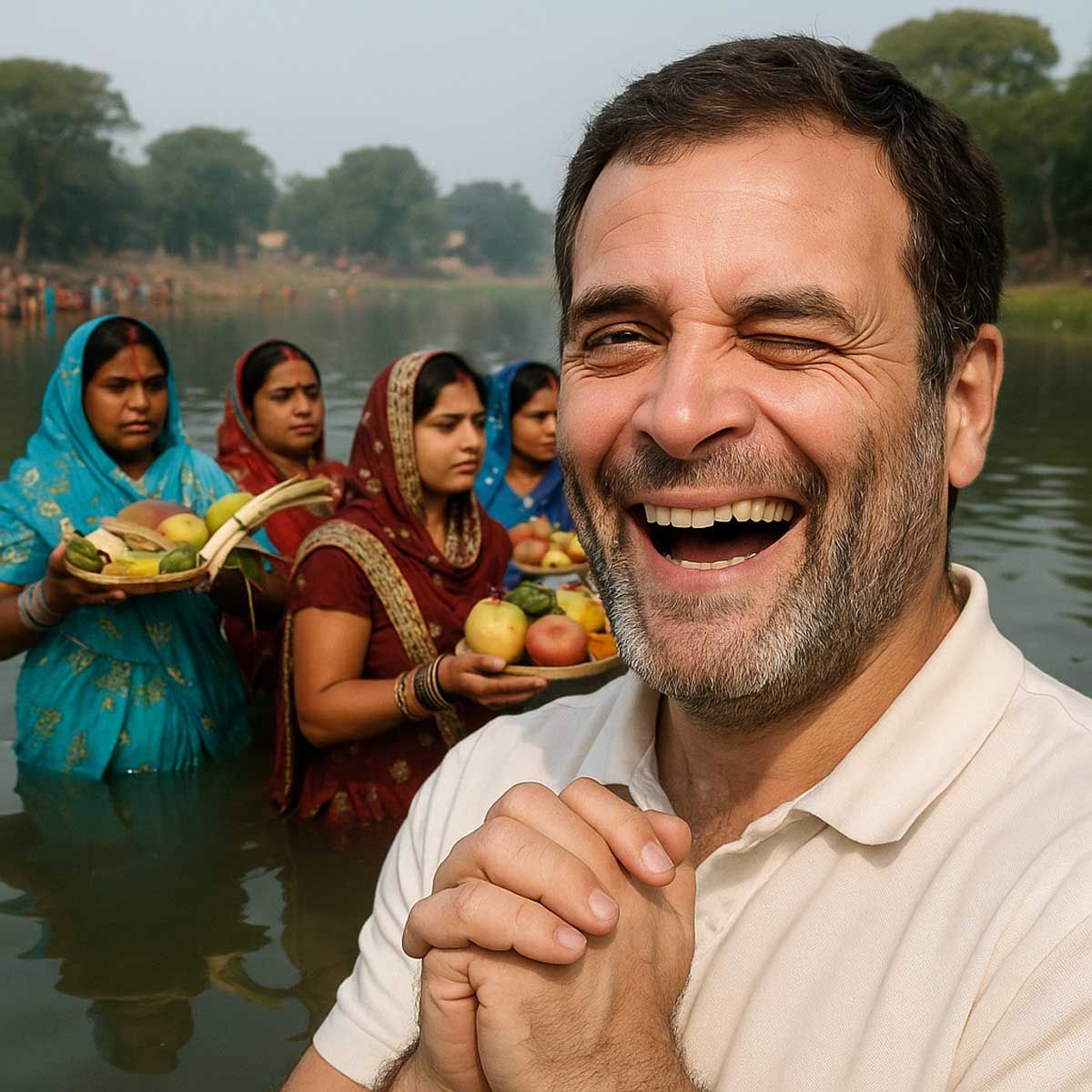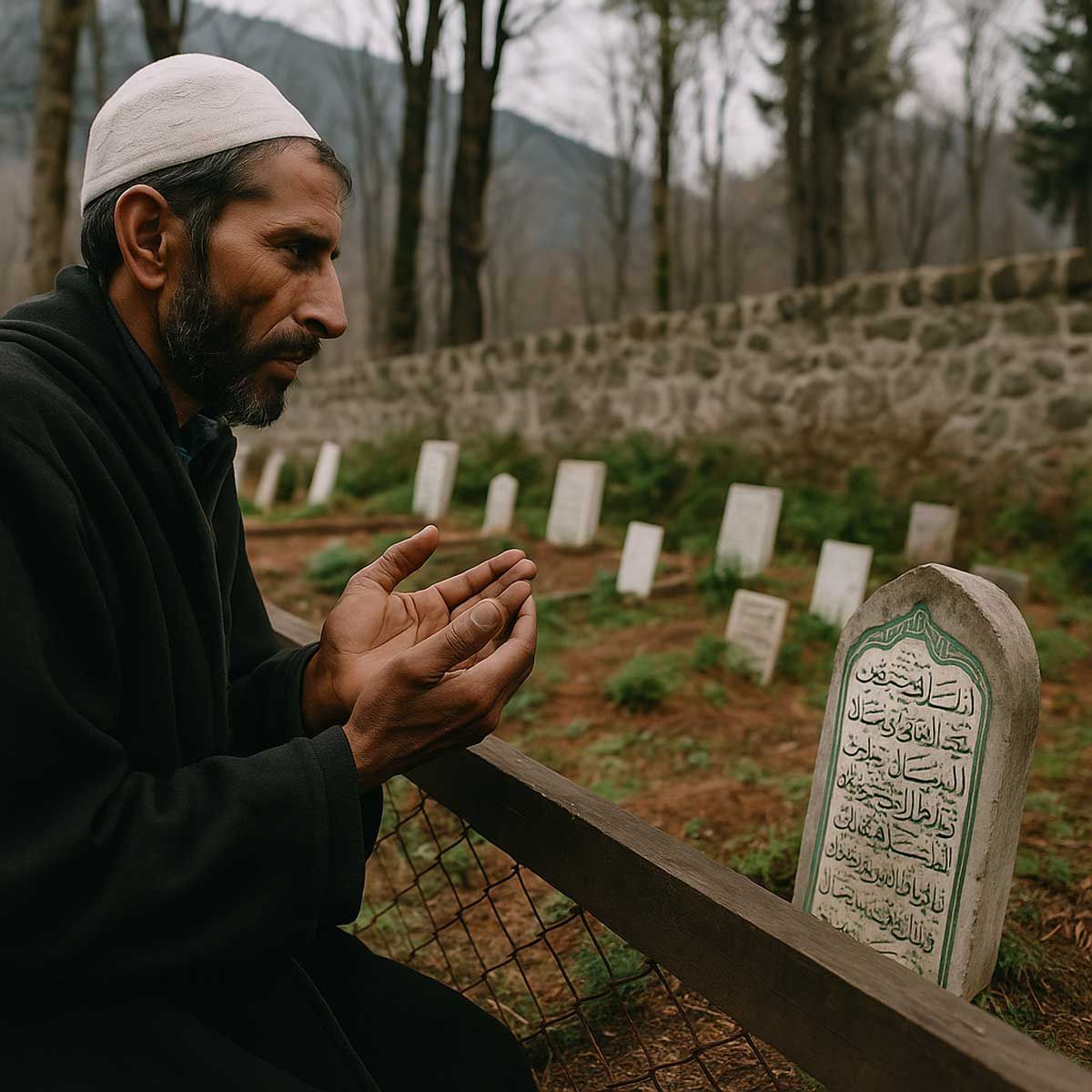More Coverage
Twitter Coverage
Satyaagrah
Written on
Satyaagrah
Written on
Satyaagrah
Written on
Satyaagrah
Written on
Satyaagrah
Written on
JOIN SATYAAGRAH SOCIAL MEDIA
"Enough is enough:" President Murmu declares on the Kolkata doctor's rape-murder case, asking, "Where have we erred? And what can we do to remove the errors?" as she demands urgent reforms to protect women and end societal indifference

In a potent and heartfelt call to action, “Where have we erred? And what can we do to remove the errors? Without finding out the answer to that question, the half of our population cannot live as freely as the other half,” President Droupadi Murmu expressed her deep concerns on the prevailing gender disparities and crimes against women in India.
|
On a solemn Wednesday in New Delhi, dated August 28, President Murmu starkly declared “enough is enough”, signaling that it's high time for the nation to confront and curtail the pervasive crimes that have long plagued women. Highlighting a grim reality, she criticized the societal “perversion” that demeans women as “less powerful, less capable, less intelligent”. This dangerous perception, she argued, not only undermines the potential and dignity of women but also paves the way for their dehumanization.
In an impassioned plea in her signed article for PTI, President Murmu lamented that such regressive views contribute to treating women merely as objects. “Those who share such views then go further and see the female as an object… We owe it to our daughters to remove the hurdles from their path of winning the freedom from fear,” she emphasized, urging a societal shift towards respect and equality.
Referring to the harrowing incident on August 9, where a junior doctor was raped and murdered in a Kolkata hospital, President Murmu conveyed her dismay and horror. She noted that this tragic event is not an isolated incident but part of a distressing pattern of gender-based violence. A “dismayed and horrified” president voiced that these continual offenses against women paint a grim tableau of the challenges women face.
President Murmu’s words resonate with a profound urgency as she states that no civil society can stand by while its daughters and sisters suffer such heinous acts. “The nation is bound to be outraged, and so am I,” she penned, reflecting both personal and national indignation towards the ongoing violence against women.
In a profound and direct address titled “Women’s Safety: Enough is Enough”, President Droupadi Murmu has publicly voiced her dismay and concern for the first time about the unsettling events of August 9 in Kolkata, which have deeply impacted the national psyche. This tragic incident has triggered ongoing protests, reflecting a society shaken and demanding change.
|
The opportunity for President Murmu to express her views came during a poignant meeting with a team of PTI senior editors. This meeting, held at Rashtrapati Bhavan, coincided with the 77th anniversary of the news agency’s establishment on August 27, 1947. It was during this gathering that President Murmu shared her deep-seated frustrations and insights on the current state of women's safety in India.
In her discourse, President Murmu highlighted an alarming scenario where despite public demonstrations in Kolkata, heinous crimes against women and children continue unabated across the country. “Even as students, doctors and citizens were protesting in Kolkata, criminals remained on the prowl elsewhere. The victims include even kindergarten girls,” Murmu lamented, pointing out the broad and disturbing spectrum of vulnerability.
During a touching interaction that took place on Raksha Bandhan, President Murmu met with schoolchildren who, with the naivety of youth, posed a heart-wrenching question about their safety. “They asked me innocently if they could be assured that there would be no recurrence of the Nirbhaya-type incident in future,” the president recounted. This reference to the brutal 2012 Delhi incident involving a physiotherapy intern underscores the deep scars such events leave on the collective consciousness of the nation.
Reflecting on the past decade, President Murmu acknowledged the efforts and initiatives that emerged in the aftermath of the Nirbhaya case. She observed that while some measures have made a difference, the continuity of similar tragedies reveals a grim reality. “In the 12 years since, there have been countless tragedies of similar nature though only few drew nationwide attention,” she stated, underscoring the sporadic national focus on such critical issues.
President Murmu critically evaluated the fleeting nature of social outrage and its fading impact over time. “Did we learn our lessons? As social protests petered out, these incidents got buried into a deep and inaccessible recess of social memory, to be recalled only when another heinous crime takes place,” she articulated.
|
In a profound examination of the state of women's rights, President Droupadi Murmu has articulated the strenuous journey and the ongoing struggles that women face to secure even the most basic of rights. She emphasized that throughout history, societal prejudices and certain customs and practices have persistently resisted the advancement of women's rights.
In her poignant commentary, President Murmu criticized a deeply ingrained and "rather deplorable mindset" that undermines women. “This mindset sees the female as a lesser human being, less powerful, less capable, less intelligent,” she highlighted, pinpointing the fundamental biases that contribute to the systemic undervaluation of women.
President Murmu attributed the frequent crimes against women to this very objectification, which, she noted, is perpetuated by a specific section of society. “It is ingrained deeply in the minds of such people,” she stated, underlining the depth of the issue and the necessity for a concerted effort from both the state and the broader society to counteract these prejudices.
While acknowledging the progress made through various laws and social campaigns aimed at enhancing women's rights and safety, President Murmu pointed out the persistent barriers. “Yet, there is something that continues to come in the way and to torment us,” she remarked, suggesting a deeper, systemic issue that hampers true progress.
|
Reflecting on the broader implications of historical avoidance, President Murmu observed that societies often suffer from “collective amnesia,” a tendency to ignore painful parts of their history, akin to an ostrich burying its head in the sand. “History, the president said, often hurts” and the reluctance to confront uncomfortable truths is a significant hindrance to societal growth.
President Murmu's compelling narrative reached a crescendo as she called for a robust confrontation with the past and an introspective look into the societal norms that perpetuate violence against women. “Now the time has come not only to face history squarely but also to search within our souls and probe the pathology of crimes against women,” she declared.
In a final, rallying cry, she urged the nation to address these pervasive issues comprehensively. “Let us deal with this perversion in a comprehensive manner so as to curb it right at the beginning. We can do this only if we honour the memory of the victims by cultivating a social culture of remembering them to remind us of our failures in the past and prepare us to be more vigilant in future,” Murmu concluded.
President Droupadi Murmu emphasized the urgent need for society to engage in sincere and unbiased self-reflection, confronting challenging questions that might unveil systemic failures in safeguarding women. “Where have we erred? And what can we do to remove the errors? Without finding out the answer to that question, the half of our population cannot live as freely as the other half,” she asserted. This call to action underscores the president’s dedication to addressing the deep-seated issues impacting women’s freedom and safety across India.
|
Amidst her comprehensive evaluation, President Murmu also subtly highlighted other disturbing cases of violence against women that have rocked the nation. She referred to egregious incidents like the rapes of nurses in Uttarakhand and Maharashtra and pointed out a series of sexual assault allegations within the Malayalam film industry. This inclusion underscores an ongoing crisis, where despite public outcry and protests, criminal activities continue unabated. "... even as students, doctors, and citizens were protesting in Kolkata, criminals remained on prowl elsewhere..." she remarked during a statement on Wednesday afternoon.
One particular case that drew significant attention and outrage was the brutal murder of a young doctor in a Kolkata hospital. The discovery of her body on the early morning of August 9, along with a post-mortem report detailing severe injuries, sparked widespread protests among healthcare workers and civil society groups across the nation. This tragic event has not only highlighted the grave risks faced by women but has also ignited political controversies.
The incident led to heated exchanges between West Bengal's ruling Trinamool Congress and the opposition BJP. Even the Congress, which is nominally an ally of Chief Minister Mamata Banerjee, didn’t hold back from launching fierce critiques. The dialogue intensified with letters exchanged between the Trinamool and the BJP, where Ms. Banerjee advocated for stronger legislation on women's safety, while the central government criticized her for inadequate implementation of existing schemes aimed at combating such crimes.
In a significant development, the investigation of the murder at RG Kar Hospital was transferred to the Central Bureau of Investigation (CBI). The shift came after the Calcutta High Court responded to a plea from the victim's parents, who alleged police negligence, directing the federal agency to take over the case.
 Support Us
Support Us
Satyagraha was born from the heart of our land, with an undying aim to unveil the true essence of Bharat. It seeks to illuminate the hidden tales of our valiant freedom fighters and the rich chronicles that haven't yet sung their complete melody in the mainstream.
While platforms like NDTV and 'The Wire' effortlessly garner funds under the banner of safeguarding democracy, we at Satyagraha walk a different path. Our strength and resonance come from you. In this journey to weave a stronger Bharat, every little contribution amplifies our voice. Let's come together, contribute as you can, and champion the true spirit of our nation.
 |  |  |
| ICICI Bank of Satyaagrah | Razorpay Bank of Satyaagrah | PayPal Bank of Satyaagrah - For International Payments |
If all above doesn't work, then try the LINK below:
Please share the article on other platforms
DISCLAIMER: The author is solely responsible for the views expressed in this article. The author carries the responsibility for citing and/or licensing of images utilized within the text. The website also frequently uses non-commercial images for representational purposes only in line with the article. We are not responsible for the authenticity of such images. If some images have a copyright issue, we request the person/entity to contact us at This email address is being protected from spambots. You need JavaScript enabled to view it. and we will take the necessary actions to resolve the issue.
Related Articles
- "जिंदगी के बाद भी": CBI reveals shocking illegal activities at Kolkata’s RG Kar Hospital, including videos of sex with dead bodies in the morgue, a thriving porn racket, missing bodies, deep corruption, and the unresolved murder of student Soumitra Biswas
- “The government is hanging me”: Sanjay Roy, accused in the RG Kar Medical College rape-murder case, claims he is being framed by the govt as his daily trial starts November 11 with CBI presenting DNA evidence, CCTV footage, and mobile location records
- "असीमित क्रूरता": Autopsy reveals Sanjoy Roy, a Kolkata police volunteer and trained boxer, slammed the doctor’s head against a wall, breaking her neck, while glass shards pierced her eyes as she fought to resist before being brutally raped and murdered
- Junior doctors in Kolkata are on a fast-unto-death demanding justice for a murdered colleague and better healthcare conditions; Aniket Mahato, a key protestor, is critically ill in the ICU, IMA and private hospitals support the growing movement for change
- "खेला होबे — Don’t expect anything from me”: New Principal Suhrita Pal loses her cool at RG Kar Hospital amidst escalating tensions over a trainee doctor’s murder and rape, with gym trainer involvement & Kolkata Police accused of bullying and suppression
- Kolkata erupts in outrage as residents turn off lights in solidarity, Swiggy and Zomato partners lead massive protest, uniting thousands to demand justice for the brutally murdered RG Kar doctor, accusing Mamata Banerjee’s govt of a failed investigation
- "विनाशकाले": After the Kolkata doctor rape and murder, now an IAS officer’s wife raped twice at gunpoint while her husband posted outside Bengal, with police purposely delaying the case, Calcutta High Court lambasted Mamata Banerjee's govt for its failure
- "Reclaim the Night": A seismic movement echoing across West Bengal under CM Mamata Banerjee, poised to profoundly shake the govt's roots in response to the brutal rape and murder of a doctor, left with a broken neck, damaged eyes & severe genital injuries
- "पर्दा है, पर्दा ": Outrage in Kolkata as 42 doctors transferred and a student is arrested for criticizing Mamata Banerjee, amid protests over the horrific rape-murder of a junior doctor at RG Kar Medical College; Nirbhaya's mother demands accountability
- "जाको राखे दीदी": CBI takes charge of the Kolkata rape case amid allegations of hospital evidence tampering, with BJP accusing officials of destroying the crime scene under the guise of renovation; the victim's family was misled about her tragic murder
- "मेरा मुल्क, मेरा देश, मेरा ये वतन": In response to the brutal murder at RG Kar College, Kolkata Police arrest student Kirti Sharma and others; TMC leaders threaten dissenters with violence, warning that those who criticize will have their fingers broken
- "जनता की याददाश्त": In a chilling recall of Kolkata's escalating violence, an unidentified woman’s brutally injured body found in Anandapur following the horrifying RG Kar Hospital rape & murder case, BJP slams Mamata Banerjee for failing to protect women
- "का का छी छी": Bikash Ranjan Bhattacharya accuses Mamata Banerjee of using a rate card for rape victims and buying witnesses; concerns deepen with reports of a hurried cremation in Kolkata, suggesting police involvement in covering up evidence
- "किजिये मीटिंग मीटिंग": In response to the 'absolute failure of state machinery,' Calcutta High Court lambasts the West Bengal govt, threatening to close RG Kar Hospital & relocate patients, while ordering a CBI probe into the alarming vandalism incident
- "जब नाश मनुज पर छाता है": Kolkata erupts in chaos as police unleash tear gas, water cannons & lathi charge on peaceful 'Nabanna Abhijan' protestors demanding Chief Minister Mamata Banerjee's resignation over mishandling of the RG Kar Medical College case




























